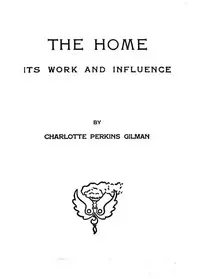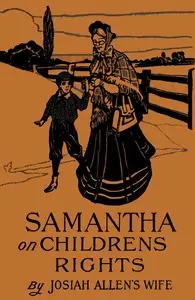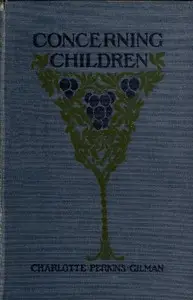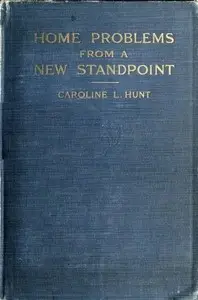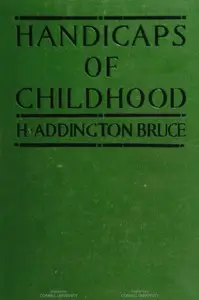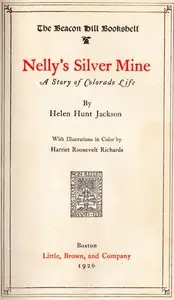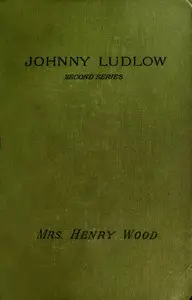"Bits about Home Matters" by Helen Hunt Jackson is a series of essays that looks at how families worked in the 1800s and what was considered good and bad parenting during that time. The author uses a very serious and sometimes sad tone to talk about things like hitting kids, being too bossy as a parent, and how important it is for families to be kind and understanding with each other. The book starts with a very upsetting story about a father who was a preacher and whipped his son so badly for not wanting to pray that the boy died, which introduces the author's strong feelings against hurting children. Jackson writes about how much physical and emotional damage can be done when parents use physical punishment and asks for people to start treating children with more kindness and respect. The book also looks at how being cruel as a parent can have big consequences and why it's so important to create a home where kids feel loved and where their feelings matter, pushing for changes in how people parented and how society saw children.

Bits about Home Matters
By Helen Hunt Jackson
Explore a world where parenting is questioned and a desperate plea is made, so families cease being inhumane to children.
Summary
About the AuthorHelen Hunt Jackson was an American poet and writer who became an activist on behalf of improved treatment of Native Americans by the United States government. She described the adverse effects of government actions in her history A Century of Dishonor (1881). Her popular novel Ramona (1884) dramatized the federal government's mistreatment of Native Americans in Southern California after the Mexican–American War and attracted considerable attention to her cause. Commercially successful, it was estimated to have been reprinted 300 times, with readers liking its romantic and picturesque qualities more than its political content. The novel was so popular that it attracted many tourists to Southern California who wanted to see places from the book.
Helen Hunt Jackson was an American poet and writer who became an activist on behalf of improved treatment of Native Americans by the United States government. She described the adverse effects of government actions in her history A Century of Dishonor (1881). Her popular novel Ramona (1884) dramatized the federal government's mistreatment of Native Americans in Southern California after the Mexican–American War and attracted considerable attention to her cause. Commercially successful, it was estimated to have been reprinted 300 times, with readers liking its romantic and picturesque qualities more than its political content. The novel was so popular that it attracted many tourists to Southern California who wanted to see places from the book.


